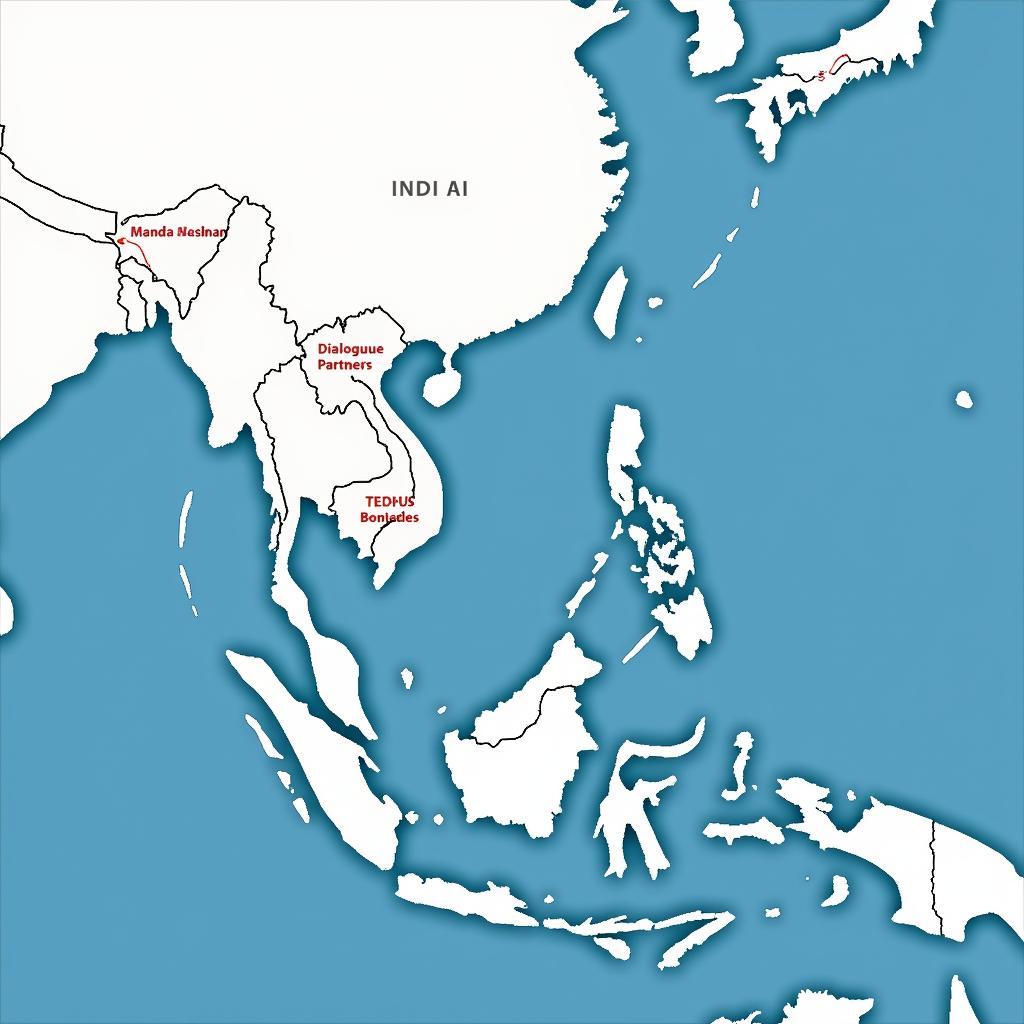The ASEAN boomers age is a significant demographic shift with profound implications for the region’s socioeconomic landscape. This generation, born between 1946 and 1964, represents a large portion of the population in Southeast Asia and is entering its senior years. Understanding their needs, aspirations, and challenges is crucial for policymakers, businesses, and communities alike.
Who are the ASEAN Boomers?
The ASEAN boomer generation came of age during a period of rapid social and economic change. They witnessed the struggles for independence, the rise of new nations, and the beginnings of regional integration. These experiences have shaped their values, worldviews, and expectations. Many faced hardships and uncertainties, fostering resilience and a strong work ethic. They are also known for their community spirit and strong family ties.
Defining Characteristics of ASEAN Boomers
- Resilience and adaptability: Having navigated through periods of instability and transformation, ASEAN boomers possess a remarkable capacity to adapt to change.
- Strong work ethic: This generation is often associated with a dedication to hard work and a commitment to providing for their families.
- Community-oriented: Community and family bonds play a vital role in the lives of ASEAN boomers.
- Value-driven: Their experiences have instilled in them a strong sense of values, often rooted in tradition and cultural norms.
The Impact of ASEAN Boomers Ageing
The ageing of ASEAN boomers presents both opportunities and challenges. As this generation retires, there will be a shift in the labor force, potentially leading to a shortage of skilled workers. However, it also presents opportunities for new industries and services catering to the needs of older adults. The “silver economy” is expected to grow significantly, with demand for healthcare, retirement homes, and leisure activities specifically designed for seniors.
Challenges of an Ageing Population
- Healthcare systems: Meeting the increasing healthcare needs of an ageing population will require significant investment and innovation in healthcare infrastructure and services.
- Social security: Ensuring adequate social security and pension systems is essential for providing financial security to retired boomers.
- Elderly care: The demand for elderly care facilities and services is projected to rise sharply, requiring trained professionals and specialized resources.
Opportunities in the Silver Economy
- Growth in senior-focused industries: Businesses catering to the specific needs of older adults, such as healthcare, retirement homes, and leisure activities, will experience significant growth.
- Increased demand for specialized services: The demand for specialized services, such as geriatric care, financial planning for retirement, and age-friendly technology, will create new job opportunities.
- Contribution to the economy: Active and engaged senior citizens can continue to contribute to the economy through volunteering, entrepreneurship, and mentorship programs.
Addressing the Needs of ASEAN Boomers
Governments and organizations across Southeast Asia are implementing various initiatives to address the needs of ageing boomers. These include:
- Improving healthcare infrastructure: Investing in hospitals, clinics, and community health centers to provide accessible and affordable healthcare services.
- Strengthening social security systems: Expanding pension coverage and increasing benefits to ensure financial security for retired boomers.
- Promoting active ageing: Encouraging seniors to remain active and engaged in their communities through volunteer programs, lifelong learning opportunities, and recreational activities.
Conclusion
The ASEAN boomers age presents both challenges and opportunities for the region. By proactively addressing the needs of this generation and harnessing their potential, Southeast Asian nations can ensure a healthy and prosperous future for all. Understanding the unique characteristics and experiences of ASEAN boomers is key to developing effective strategies and policies that support their well-being and empower them to continue contributing to society.
FAQs
- What birth years define the ASEAN boomer generation? (Born between 1946 and 1964)
- What are some key characteristics of ASEAN boomers? (Resilience, strong work ethic, community-oriented)
- What are the main challenges of an ageing population in ASEAN? (Healthcare, social security, elderly care)
- What is the silver economy? (Industries and services catering to the needs of older adults)
- How can governments support the ageing boomer population? (Improving healthcare, strengthening social security, promoting active ageing)
- What impact did historical events have on ASEAN boomers? (Shaped their values and worldviews)
- How can ASEAN boomers continue contributing to society? (Volunteering, entrepreneurship, mentorship)
Need support? Contact us at Phone: 0369020373, Email: [email protected] or visit us at: Thon Ngoc Lien, Hiep Hoa, Bac Giang, Vietnam. We have a 24/7 customer support team.
